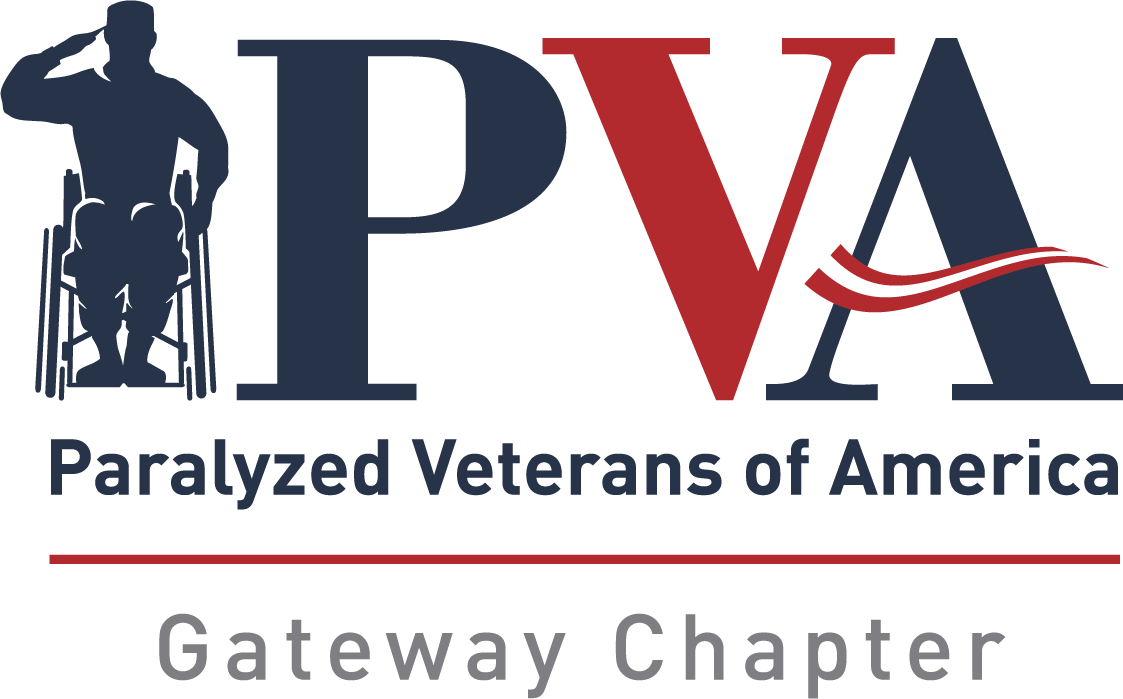by Brent Follas, Senior NSO
You may receive Chapter 31 benefits, also known as, Veteran Readiness and Employment (VR&E) (Formerly known as Vocational Rehabilitation and Employment) services to help with job training, employment accommodations, resume development, and job seeking skills coaching. Other services may be provided to assist Veterans and Servicemembers in starting their own businesses or independent living services for those who are severely disabled and unable to work in traditional employment. VA’s Education and Career Counseling program is a great opportunity for Veterans and Servicemembers to get personalized counseling and support to help guide their career paths, ensure the most effective use of their VA benefits, and achieve their goals. If you have a service-connected disability that limits your ability to work or prevents you from working, this can help you explore employment options and address training needs. In some cases, your family members may also qualify for certain benefits.
Eligibility
You may be eligible for VR&E benefits and services if you’re a Veteran, and you meet all of the requirements listed below.
All of these must be true. You:
•Didn’t receive a dishonorable discharge, and
•Have a service-connected disability rating of at least 10% from VA
Depending on your needs and goals, services may include:
•A complete evaluation to determine your abilities, skills, and interests for employment
•Professional or vocational counseling and rehabilitation planning for employment services
•Employment services such as job training, resume development, and other work-readiness support
•Help finding and keeping a job, including the use of special employer incentives and job accommodations
•On-the-job training (OJT), apprenticeships, and non-paid work experiences
•Post-secondary training at a college, vocational, technical, or business school
•Supportive rehabilitation services including case management, counseling, and medical referrals
•Independent living services if you’re unable to work due to the severity of your disabilities
You can apply by mail, in person at a VA Regional Office or with a trained professional, such as, a Paralyzed Veterans of America, National Service Officer. Fill out an Application for Vocational Rehabilitation for Claimants with Service-Connected Disabilities (VA Form 28-1900).
After you apply, a meeting will be scheduled for you with a Vocational Rehabilitation Counselor (VRC) to find out if you have an employment handicap and if you’re eligible for VR&E benefits and services. You have an employment handicap if your service-connected disability limits your ability to prepare for, obtain, and maintain suitable employment (a job that doesn’t make your disability worse, is stable, and matches your abilities, aptitudes, and interests).
After an entitlement decision is made, you and your counselor will work together to develop a rehabilitation plan. This plan outlines the rehabilitation and other services that VR&E will provide.
If you disagree with a decision on your application for VR&E services and benefits, you can request a decision review. You can also manage any review requests or appeals you already filed.
VR&E Independent Living track
If your service-connected disability limits your ability to perform activities of daily living (like bathing, dressing, accessing the community, and interacting with others) and you can’t return to work right away, you may qualify for independent living services through the Independent Living track. You may also receive these services as you work to find a job if that’s a goal you and your Vocational Rehabilitation Counselor (VRC) have created. In both cases, your VRC can help you restore your daily-living activities.
Special Note: If you are entitled to the Specially Adaptive Housing Grant (SAH) or other housing grant you can apply for VR&E and use the Independent Living Grant together, as long as you are eligible.
All of these must be true:
•You have a serious employment handicap (SEH), and
•Your disabilities prevent you from looking for or returning to work, and
•You’re in need of services to live as independently as possible
Please note: Having an employment handicap means your service-connected disability limits your ability to prepare for, obtain, and maintain suitable employment (a job that doesn’t make your disability worse, is stable, and matches your abilities, aptitudes, and interests).
Depending on your needs, services may include:
•Evaluation and counseling to identify your needs and goals
•Referral to support resources
•Evaluation to see if you’re eligible for the VR&E home adaptation grant. This grant is part of your rehabilitation plan to improve accessibility features in your home.
•Guidance to help you understand if you’re eligible for our adaptive-housing programs. These programs can help you make changes to your home—like widening doorways or adding ramps—so you can live more independently.
These services generally last up to 24 months. In some cases, you may be able to use services for longer than this.
Veterans Career Program
Don’t forget Paralyzed Veterans of America’s Veterans Career Program, formerly known as PAVE, program which provides FREE employment support and vocational counseling assistance to ALL veterans, transitioning service members, spouses, and caregivers.
Leveraging a high-touch approach, our Employment Analysts and Vocational Rehabilitation Counselors will work with you on your path toward a meaningful career. Our team also has expertise in helping veterans overcome employment barriers and other obstacles at all stages.
Whether you need help with job search and networking strategies or with obtaining necessary accommodations at work, the Veterans Career Program is always a click or a phone call away. Go to www.pva.org or contact your local National Service Officer for more information. We are a partner for life.
